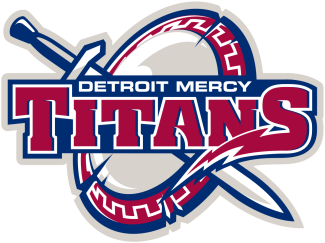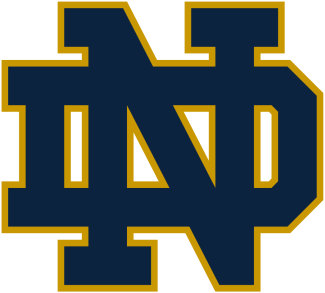This article appears in the May/June edition of USA Lacrosse Magazine. Join our momentum.
The NCAA men’s lacrosse tournaments — 49 of them in all, spread over 50 years — have produced memorable champions, riveting individual performances and on a whole have played a massive role in growing the sport to the point it is one of the few championships to regularly turn a profit.
Yet for every victory lap and net snipped on Memorial Day, there is even more disappointment. In some cases, there is just stunned silence.
The absence of parity didn’t allow for many monster upsets in the tournament’s early days. Neither did an eight-team field. But it grew to 10 (in 1986), then 12 (in 1987) and then 16 (in 2003), and the increased investment in the sport meant more schools cared about being good. In turn, we’ve seen more upsets. A No. 1 seed hasn’t lost in the first round yet, but the day is coming.
10. Maryland 19, Loyola 8 (1998 semifinals)
The Greyhounds had a couple memorable stumbles in the late ’90s, including when they became the first No. 1 seed to lose in the quarterfinals when they fell 17-12 to Syracuse. But for its sheer lopsidedness, top-seeded Loyola’s loss to fifth-seeded Maryland in 1998 noses its way onto the list.
9. Johns Hopkins 12, Duke 11 (2007 final)
It’s the least surprising upset, but easily the most scrutinized in real time. A year earlier, Duke’s program was caught up in false rape accusations against players that ultimately cost coach Mike Pressler his job. The Blue Devils were a media magnet.
Duke needed overtime to get past Cornell on a sweltering semifinal Saturday. Hopkins had cruised to a stress-free 8-3 defeat of Delaware. The better-rested Blue Jays led 10-4 at the half, then held on behind goalie Jesse Schwartzman’s 15 saves to deny Duke its first title. The Blue Devils would wait another three years before claiming one.
8. Delaware 14, Virginia 8 (2007 first round)
Parity became a reality May 13, 2007. Prior to that day, top-four seeds were a combined 19-0 in first-round games since the field expanded to 16 teams in 2003.
That changed when Curtis Dickson scored four goals and Tommy Scherr made 18 saves as Delaware unseated defending national champion Virginia. Hours later, UMBC upended seventh-seeded Maryland to set up what remains the only NCAA quarterfinal between unseeded teams.
7. Johns Hopkins 13, Cornell 8 (1978 final)
Cornell had won 42 straight games — a record that still stands — and was the two-time defending champion. Bob DeSimone scored three goals and championship MVP Mike O’Neill had a goal and three assists to lead Hopkins to a victory.
Hopkins won 20 of 27 faceoffs that day, and it was assumed those would be the last taken in the college game since the faceoff was eliminated in 1979. But it was back in 1980, and continues to be tweaked by the rules committee to this day.
6. North Carolina 10, Johns Hopkins 9 (OT) (1986 semifinals)
The first final four instantly delivered a memorable game. Johns Hopkins had won back-to-back national titles under Don Zimmerman and had blistered North Carolina 16-4 at Homewood Field in early April.
Mike Tummillo scored the game-winning goal in overtime as North Carolina pulled off the surprise. Two days later, the fifth-seeded Tar Heels defeated Virginia in another 10-9 overtime game to become the lowest-seeded team to win the event, a claim that would hold up until seventh-seeded Virginia was the 2011 champion.


























































